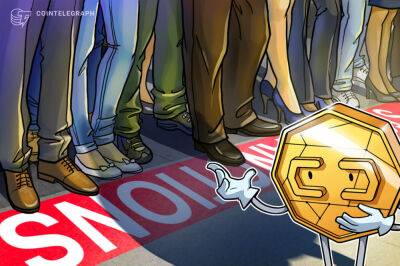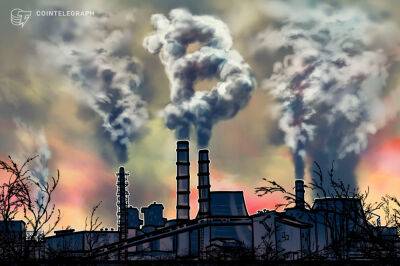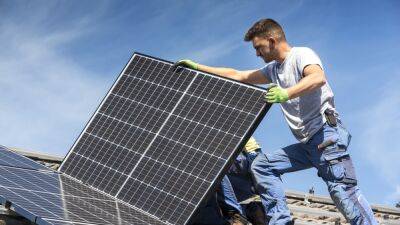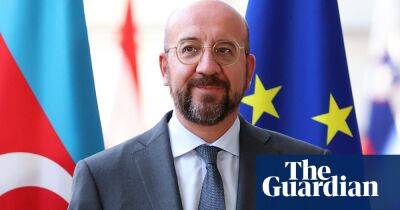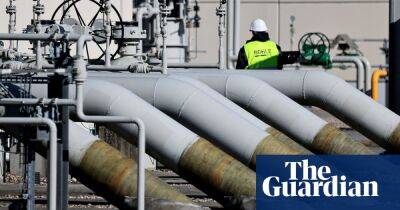Energy price inflation: how the UK and EU could fight it
Governments across Europe have been funding pain relief measures to help with energy and petrol bills. The UK announced a £15bn package in May, largely in the form of cash payments to households, while EU member states are estimated to have spent €280bn (£243m) over the past year on everything from subsidies and price caps to one-off payments. But bills for households and businesses are reaching unsustainable levels, with further increases expected next year, sharpening the debate over whether ministers should be intervening directly in energy markets to help bring prices down.
As Russia threatens to further reduce gas supplies, politicians in Italy, Spain, Greece and the Czech Republic are among those pushing for coordinated action. The European Commission president, Ursula von der Leyen, said on Monday Brussels was considering a measures to be adopted by the 27 member states. What are the options?
A painful combination of factors have pushed prices higher, primarily Russia cutting supplies of gas into Europe. The bounceback in global demand for power post-Covid and the cost of the failure of 31 energy suppliers have also contributed to rising bills.
It appears increasingly likely further forms of coordinated international action will be taken, mirroring responses to the global financial crisis, the eurozone debt crisis and the Covid pandemic.
Former Italian prime minister Mario Draghi floated the idea of “a cartel of buyers” at a meeting with the US president, Joe Biden, in May. This would see large oil consumers working together to negotiate prices, or Draghi also suggested a “preferred path” of persuading Opec and other big producers to increase output. This suggestion is more of an imperative for the US, while the EU is
Read more on theguardian.com







